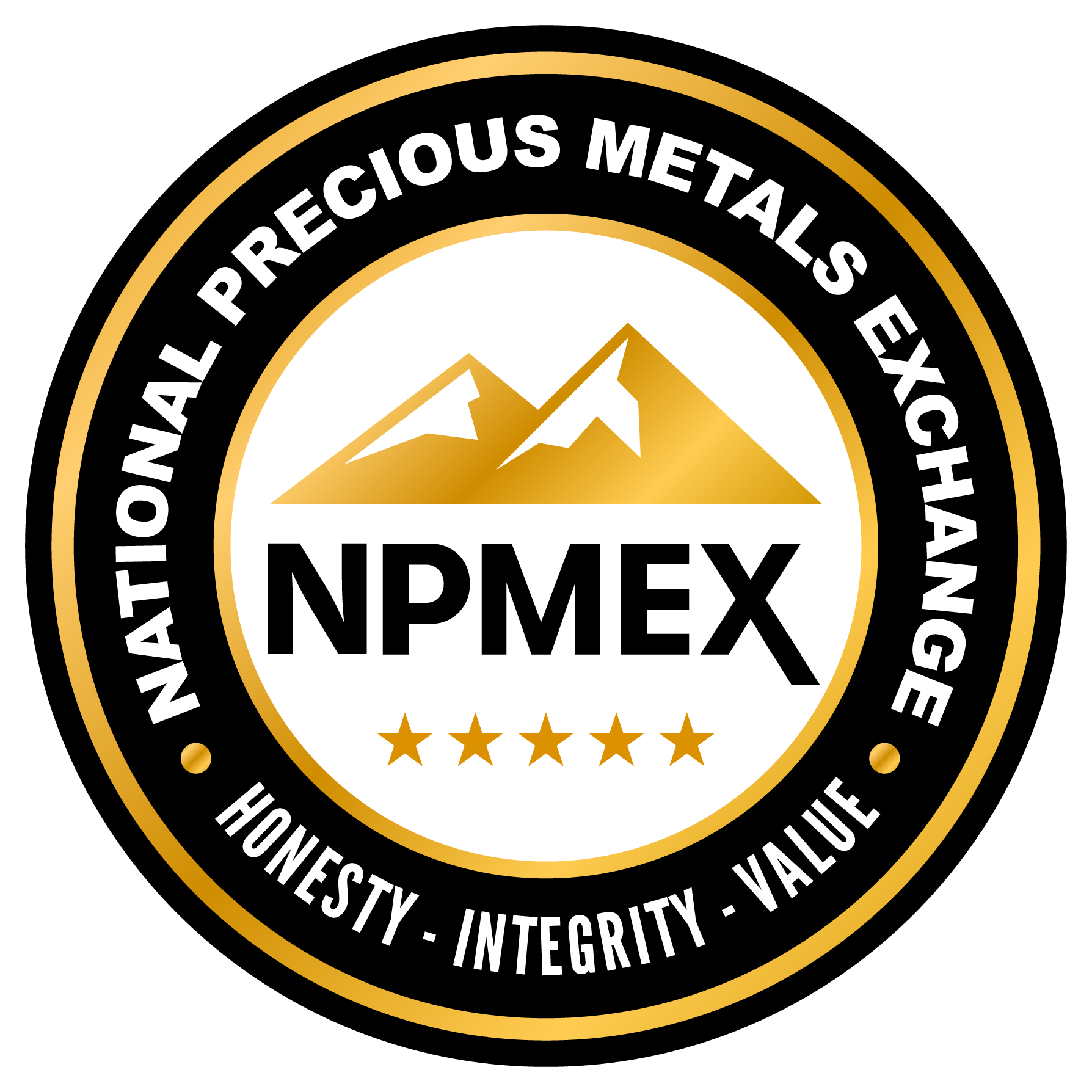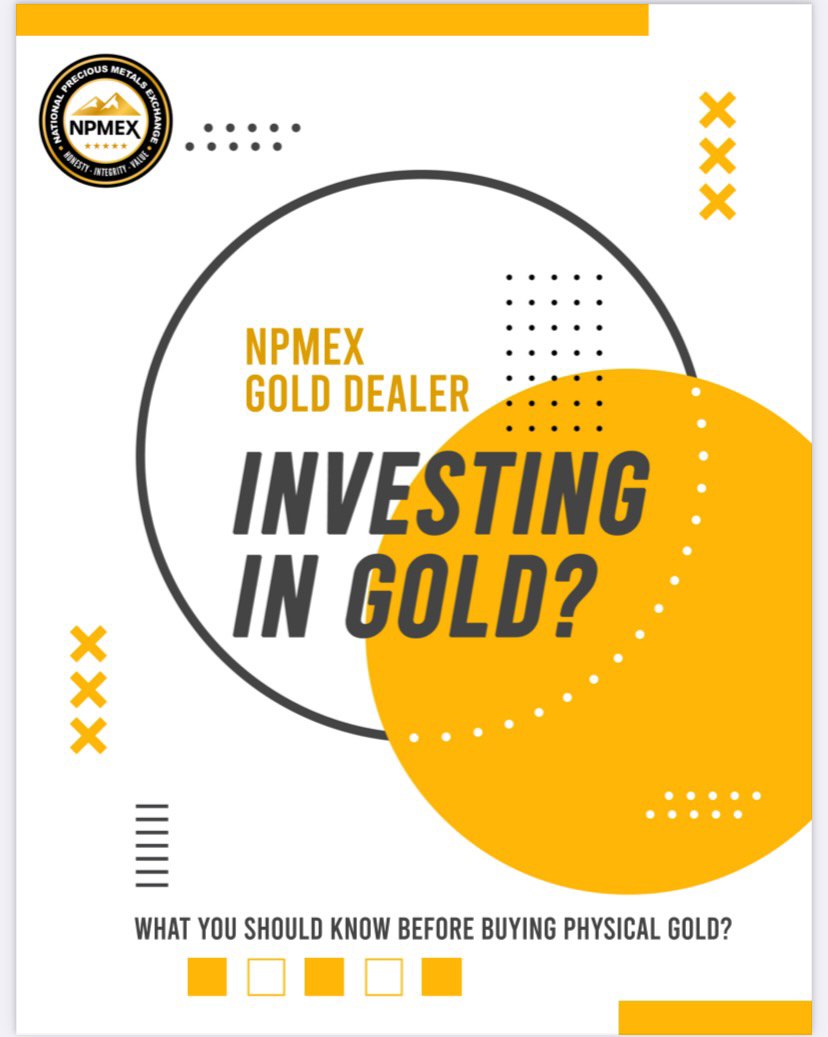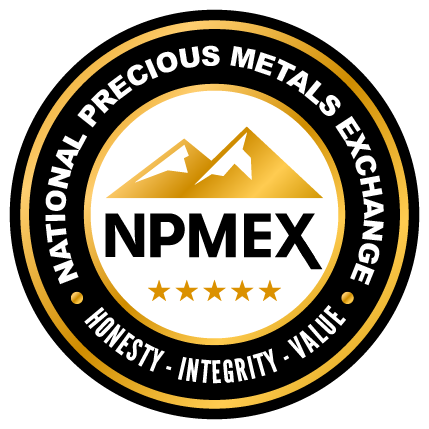Invest In Gold – What You Should Know Before Buying Physical Gold?
People have long considered physical gold to be a wise investment and a safe way to protect their money. It has long been regarded as a so-called safe asset. Humans have valued the precious metal since the early days of civilization, and the fascination with this dense yellow metal continues today. But why is gold such a good investment?
Investing in gold has its advantages. It’s a great way to diversify your portfolio and reduce the risk of losing money. However, it is essential to understand what exactly gold is. In addition to its price, it doesn’t yield any income, so it is a riskier investment than other forms like buying a home. You can diversify your portfolio by buying gold ETFs, which contain a mix of stocks and other assets.
Another benefit of gold investing is that it is scarce. This makes it an excellent hedge against inflation, and its buying power is never affected by political and economic uncertainties. Because of its rarity, gold is a great way to protect your wealth and income from risk. Furthermore, gold has historically negatively correlated to the stock market, making it a great way to protect your savings from rising prices. Gold investment is also a safe haven for your money if you’re worried about the future of your other investments like those in cryptos.
Investing In Gold Bullion
The term gold bullion often conjures up images of large gold bricks stored in a facility like Fort Knox. While that may be the US national gold reserve, in reality, gold bullion in any pure form or a form that’s nearly pure and certified for both its purity and weight is called gold bullion. Bullions can take the form of bars and coins. Usually, there is a serial number associated with the gold bars.
While everyone would want to own a few heavy and oversized gold bars for financial security, they can be illiquid, making them expensive to buy and even sell later on. You don’t want to own a $100,000 gold bar because that way, your entire holding will be tied up into it. There is no way for you to sell 10% of it a year later if you need to make a down payment on your mortgage. That’s why smaller pure gold bars and coins are a lot more desirable.
The most significant advantage of investing in gold bullion is that you don’t have to monitor financial markets or watch individual companies. You can simply look at the price trend and sell your gold when you think it’s going up. You don’t have to follow specific industries or companies. Major tech companies, for example, may have their quarterly reports looming. This is one of the most significant benefits of investing in physical gold.
Investing in Gold Coins
The beauty of gold coins is that these precious metals can be passed down through generations, and the paperwork involved in selling them is minimal. Another great advantage of owning gold coins is that they are an excellent gift for loved ones. Traditionally, gold ornaments were given to children for their wedding today gold pieces can also be used to set aside money for the future.
Another advantage of owning gold coins is that they don’t require maintenance. As long as they are kept in a safe place at home, they can be held for centuries, and you can even sell them on the market. The demand for gold means will always be in high, which greatly benefits investors who want a safe bet.
Another advantage of owning gold is that they don’t lose value over time. Unlike tangible assets, gold doesn’t depreciate. Even during a global financial crisis, prices stay relatively stable. As a result, people invest in these precious metals during turbulent times.
It is worth mentioning that rare and older gold coins have a numismatic or collector’s value associated with them. This will often mean that the coins are worth more than their weight in gold. If you want to invest in gold strictly, then buy gold coins that are widely circulated instead of their rare counterparts. Rare coins are best left to collectors who know the market for them.
The US Eagle, Maple Leaf, and the Krugerrand are some widely circulated gold coins.
The most significant issue with gold bullion, in general, is storage and insurance costs, in addition to a relatively high markup by dealers. Then there is also the fact that every change in the dollar value of gold means that it directly affects what your gold holding is worth.
That’s why some investors like to diversify by buying other gold investments like mutual funds, which do not directly expose them to the market prices the way gold coin or bullion does.
Benefits of Gold ETFs and Mutual Funds Over Owning Physical Gold
Mutual funds and Gold ETFs have several advantages over gold coins and bullion. One of the main benefits of ETFs is that they are easier to purchase and deposit. Physical gold is not readily available everywhere, and there is a risk that the purity will be compromised. In contrast, ETFs invest in hallmarked and recognized vendors. This ensures that the quality of trade is consistent across the country.
Besides offering higher returns, gold ETFs are low-cost. They are traded on exchanges and are dematerialized, meaning that the units are stored in an account. Gold being de-materialized makes it is easier to trade. In addition, gold ETFs attract fewer taxes depending on where you live.
Another benefit of ETFs is that they are secure and straightforward. There are no storage costs or locker fees. You also don’t have to worry about theft and loss. However, theft and loss is only an issue with physical gold if you have a lot of it. If you have maybe a dozen bars or coins, it’s easier to store them in your home or the bank’s locker.
Investing in Gold ETFs and Mutual Funds is an easy way to protect your assets. Unlike physical gold, ETFs are traded in cash, thereby eliminating the risk of theft. Moreover, because ETFs are traded on stock exchanges, you don’t have to worry about storage fees. The other significant benefit of Gold ETFs and Mutual Funds is that they don’t have entry or exit loads.
In a nutshell, the benefits of mutual funds include:
· Low minimum investment
· Ease of diversifying your holdings
· Ease of opening a brokerage account or maybe an IRA
· You don’t need to research individual companies
Investing in Gold Futures and Options
Investing in Gold Futures and Options is a great way to invest in gold and avoid the price fluctuations that accompany traditional investing. Unlike stocks, which require you to wait for a specific date for delivery, futures require you to pay a premium when purchasing them. In addition, these contracts are highly liquid, meaning that you can quickly sell them when needed.
A gold future is a contract that allows investors to buy and sell gold. The term “gold future” refers to the right to purchase 100 ounces of gold for $1,000 per ounce. There is no expiration date for the contracts, but there is a maximum limit of one ounce.
Most experienced investors will find that futures provide them with many benefits like low commission and lower margin requirements compared to traditional equity investments. While some contracts will settle in dollars, most others will settle in gold. That’s why investors need to pay close attention to the specifications of the contracts they purchase so that they don’t end up taking delivery of 1000 ounces of gold when the future settles.
There are several differences between futures and options. With futures, the contract is a bi-monthly one. The contract start day is the sixteenth day of the contract’s launch month, and the expiry date is the fifth day of the expiry month. In options, the delivery date is fixed between the first and last day of the tender period.
The volatile nature of both futures and options makes them unsuitable for a newbie investor or someone who does not understand the market.
Buying Gold Jewelry as An Investment
There are some drawbacks to investing in gold jewelry. First, it is hard to get cash or at least a fair cash amount. While many jewelers are willing to sell you gold at above market value but when it comes time for you to sell, it is often well below the current market value. While some may be willing to pay you in hard cash, they will deduct 5-10% from the value of the gold. Additionally, as mentioned earlier, you may have to pay more than the market price for the metal.
The price of gold jewelry is also not stable. The price of a piece of gold jewelry will vary depending on the time of the year. It will have different prices when sold, and that will depend on how much the gold rate is on the day you bought it. It is also important to note that it is not a great investment if you want to make a quick buck. Therefore, you’ll want to choose a reputable jeweler and find the best deal.
It is also worth noting that you will start by buying gold jewelry at a substantial retail markup, usually around 400% over the metal’s underlying value. You may be able to find bargains at estate sales and various auctions, but those are very time-consuming. However, no retail markup is associated with buying at an estate auction.
Most people invest in gold jewelry because they enjoy owning each unique piece, even if it may not be the most profitable for them. Gold looks great when crafted into something beautiful like a bracelet or earrings. As an investment, it may not be as good as buying gold bullion unless you are a jeweler.
Buy Gold Stocks
One of the most significant benefits of gold stocks is their high return potential. The price of gold fluctuates significantly, affecting the production of precious metals. Therefore, investing in companies that are high producers will result in higher returns. As gold is a physical commodity, it has a long history of holding its value. Buying gold stocks can be an excellent way to protect your wealth.
Ideally, you will want to buy stocks in a gold mining company or one in the mining sector with extensive international operations. While many other business factors may come into play that have a role in such an investment, they still are very profitable. These companies can often boast of a profit even at times when prices of gold may be declining. One way this is achieved is by hedging against gold prices. Some businesses may do this, and some may not. That said, gold mining companies are a very safe investment and arguably safer than buying gold bullion.
However, you can’t buy just any gold-stock; it is essential to research individual companies. Make sure to do your due diligence. While it may be time-consuming, your due diligence is a big part of successfully investing in gold mining stocks.
How To Buy Physical Gold?
You can’t go wrong by investing in physical gold. Even if you are a crypto trader or someone making money on the stock market, physical gold gives you a way to hedge against the market’s volatility. You also have the peace of mind knowing that your gold will come in handy if there is political or financial turmoil.
Now that we’ve established that physical gold is a relatively sound investment, below we go into how to buy it.
Start by finding a reputable dealer – While quite a few dealers are selling physical gold in the US, few can be trusted. You will have to make your way through pushy salespeople, potential scams, and those selling gold that may appear too good to be true but are more or less out to get you. Then some sellers will inflate the value of the gold they are selling, use various persuasion tactics and try to create a sense of urgency to get you to pull out your credit card and make a purchase. That’s why you always want to do some homework about the company before you do business with them. At NPMEX, we have been selling gold bullion and other precious metals for over a decade. We have earned a reputation for being transparent and helping people choose the right type of precious metals for their investment portfolio.
Gold fees – Many gold dealers will charge you slightly more than the current spot price or the price at which gold is trading on the commodities exchange. The premium will consist of the dealer’s fee and other expenses like distribution charges and manufacturing. So, when you want to buy gold bars, it is worth checking out more than just the prices mentioned on the dealer’s website.
Get secure storage – In the old days, people buried their gold for a reason. Gold has value, and because of that, there are always people who will want to steal it. That’s why if you have invested a great deal of your wealth in gold, it would be worth spending some money to keep it safe. You can lock your gold up in a physical vault or maybe the bank’s safety deposit box. However, storage can get expensive, with safety deposit boxes costing around $30 to a few hundred dollars a year.
Choose insurance – Yes, this will be an additional cost associated with owning physical gold. However, you will want to purchase a policy that covers the asset you have. For instance, if you have gold bullion, make sure that the policy states “gold bullion.”
Your investment is illiquid – Unlike buying gold funds and stocks, selling physical gold can be challenging. You can sell to pawnshops who may not offer you the best prices, or you can sell the gold back to a dealer, but even then you may have to settle for something less than the spot price. However, you can also sell your gold to us, in which case we offer you the best price possible.
Final Word – Should You Buy Physical Gold?
Yes, as we mentioned earlier you can’t go wrong with physical gold. While it is perfectly fine to diversify your investments with gold stocks and other investments, nothing beats having physical gold. Regardless, of whatever happens to the economy, you can still trade your gold for something, which is unlike anything else. Plus, physical gold or gold, in general, tends to hold its value very well compared to cryptos, stocks, and bonds.
If you are an investor who wants to hedge your investments against volatile market trends, gold is an excellent option. However, the first rule of investing is to diversify, so maybe invest in gold, platinum, silver, gold stocks, and futures. By spreading your investment out you are reducing the overall risk associated with each type of investment.





